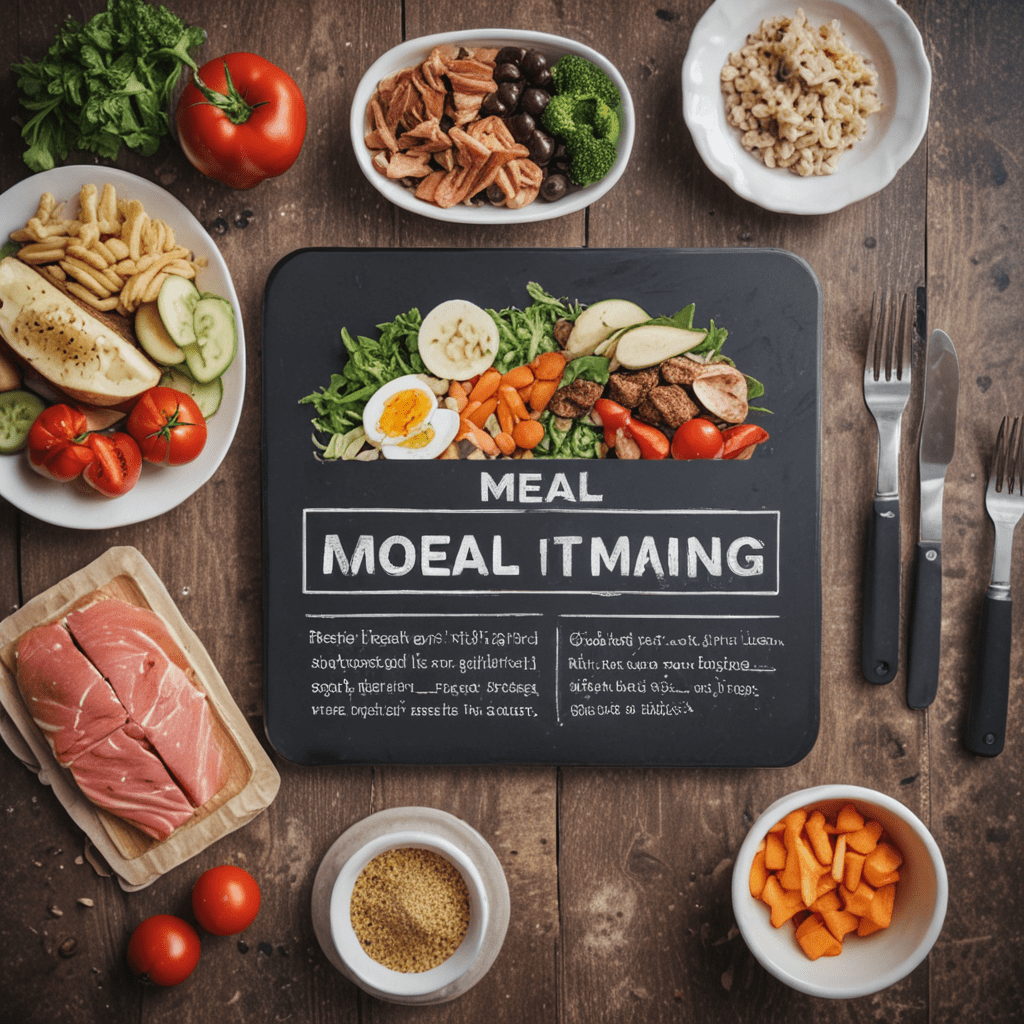
Understanding Fatigue and Energy Levels During Pregnancy
Pregnancy brings a whirlwind of changes, both physical and emotional. One common symptom many pregnant women experience is fatigue. This fatigue can range from mild tiredness to complete exhaustion, significantly impacting daily life.
Understanding the reasons behind this fatigue can help pregnant women manage their energy levels effectively, allowing them to feel better and function at their best.
There are several contributing factors to fatigue during pregnancy:
Hormonal Changes: Pregnancy triggers a significant increase in progesterone levels, a hormone known to induce drowsiness and affect sleep patterns.
Increased Blood Volume: The body produces more blood during pregnancy to support the growing baby. This increased blood volume requires the heart to work harder, which can lead to fatigue.
Nutritional Deficiencies: Iron deficiency anemia and low vitamin B12 levels, both common during pregnancy, can lead to fatigue and weakness.
Increased Metabolism: Pregnancy causes an increased metabolic rate, requiring the body to burn more calories for energy, potentially leading to fatigue if not addressed with adequate dietary intake.
Physical and Emotional Changes: The growing baby puts a physical strain on the body, leading to backache, shortness of breath, and disrupted sleep, all contributing to fatigue. Additionally, the emotional and mental stress of pregnancy can also contribute to fatigue.
Understanding these causes of fatigue empowers pregnant women to address them effectively, allowing them to optimize their energy levels and enjoy a healthier pregnancy.
6. Impact of Poor Nutrition on Energy
Maintaining a balanced and nutritious diet is crucial during pregnancy, as poor nutrition can significantly impact energy levels. Deficiencies in key nutrients, such as iron, vitamin B12, and protein, can lead to fatigue, weakness, and impaired cognitive function.
Inadequate dietary intake can also result in low blood sugar levels, which can cause dizziness, headaches, and tiredness. Furthermore, consuming excessive amounts of processed foods high in sugar and unhealthy fats can lead to energy crashes and fluctuations.
Therefore, prioritizing nutrient-rich foods and avoiding processed options is essential for maintaining optimal energy levels throughout pregnancy.
7. Importance of a Balanced Diet
A balanced diet during pregnancy provides the necessary nutrients for both the mother and the developing baby. It ensures proper fetal growth and development, supports maternal health, and promotes optimal energy levels.
A balanced diet should include a variety of foods from all food groups, including fruits, vegetables, whole grains, lean protein, and healthy fats. It is crucial to choose nutrient-dense options within each food group to maximize the nutritional value of the diet.
By prioritizing a balanced diet, pregnant women can nourish their bodies, support their growing baby, and maintain their energy levels throughout pregnancy.
8. Essential Nutrients for Energy
Several key nutrients play a vital role in maintaining energy levels during pregnancy:
Protein:
Protein is essential for building and repairing tissues, supporting fetal growth, and providing sustained energy. Good sources of protein include lean meats, poultry, fish, eggs, beans, lentils, and nuts.
Iron:
Iron is crucial for red blood cell production, which carries oxygen throughout the body. Iron deficiency can lead to fatigue, weakness, and shortness of breath. Pregnant women should include iron-rich foods such as red meat, dark leafy greens, and fortified cereals in their diet.
Complex Carbohydrates:
Complex carbohydrates provide sustained energy and help regulate blood sugar levels. Choose whole grains, fruits, and vegetables over refined carbohydrates found in processed foods.
Healthy Fats:
Healthy fats are essential for energy production, hormone regulation, and fetal brain development. Good sources of healthy fats include avocados, nuts, seeds, and fatty fish.
Vitamins and Minerals:
Various vitamins and minerals, including B vitamins, vitamin C, and magnesium, play a role in energy metabolism. Ensure a varied diet rich in fruits, vegetables, and whole grains to meet these vitamin and mineral needs.
9. Practical Nutrition Tips
Here are some practical nutrition tips to boost energy levels during pregnancy:
- Eat Regularly: Aim for small, frequent meals and snacks throughout the day to maintain stable blood sugar levels and prevent energy crashes.
- Stay Hydrated: Drink plenty of water throughout the day to support digestion, nutrient absorption, and overall energy levels.
- Choose Nutrient-Rich Foods: Prioritize whole foods over processed options and select nutrient-dense choices within each food group.
- Limit Processed Foods: Avoid excessive consumption of sugary drinks, refined carbohydrates, and unhealthy fats, which can lead to energy fluctuations and crashes.
- Listen to Your Body: Pay attention to your body's hunger cues and eat when you're truly hungry. Avoid overeating or restricting food intake.
10. Managing Fatigue and Boosting Energy
In addition to nutrition, other strategies can help manage fatigue and boost energy during pregnancy:
- Get Adequate Rest: Aim for 7-9 hours of quality sleep each night. Establish a regular sleep schedule and create a relaxing bedtime routine.
- Exercise Regularly: Regular moderate-intensity exercise can improve energy levels, reduce fatigue, and promote overall well-being. Consult your healthcare provider before starting any new exercise program.
- Manage Stress: Stress can contribute to fatigue. Practice relaxation techniques such as deep breathing, yoga, or meditation to manage stress levels effectively.
- Consider Supplements: Consult your healthcare provider about prenatal vitamins and other supplements that may help support energy levels during pregnancy.
- When to Seek Medical Advice: If fatigue is severe, persistent, or accompanied by other symptoms, consult your healthcare provider to rule out any underlying medical conditions.
FAQ
Q: What are some common causes of fatigue during pregnancy?
A: Common causes of fatigue during pregnancy include hormonal changes, increased blood volume, nutritional deficiencies, increased metabolism, physical and emotional changes.
Q: What are some foods that can boost energy levels during pregnancy?
A: Foods rich in protein, complex carbohydrates, healthy fats, iron, and B vitamins can help boost energy levels.
Q: How much water should I drink during pregnancy?
A: Aim to drink at least eight glasses of water per day to stay hydrated and support energy levels.
Q: What are some tips for managing fatigue during pregnancy?
A: Tips for managing fatigue include getting adequate rest, exercising regularly, managing stress, considering supplements, and talking to your healthcare provider if fatigue is severe or persistent.


